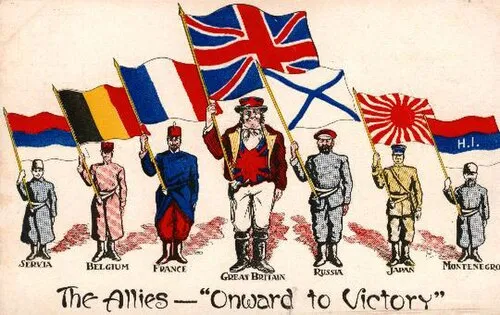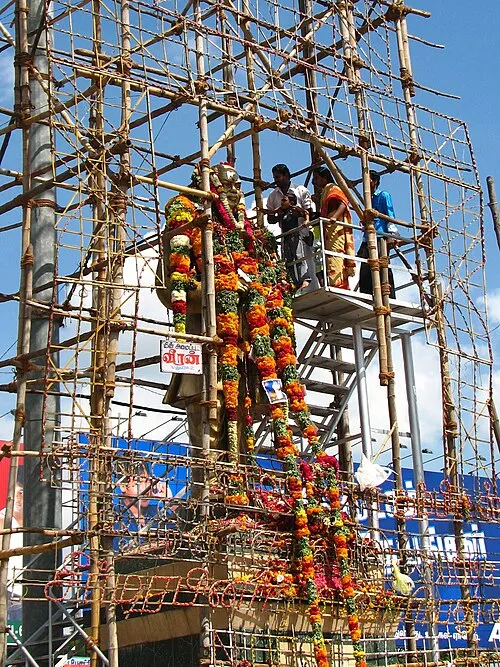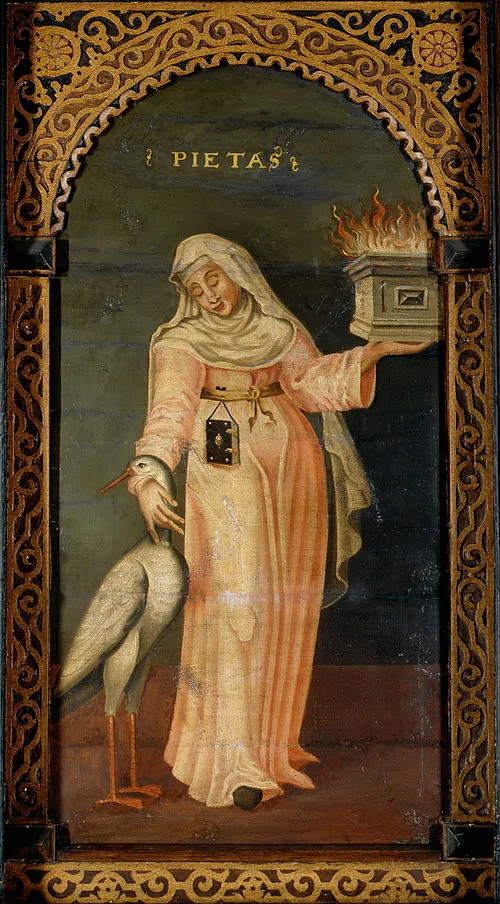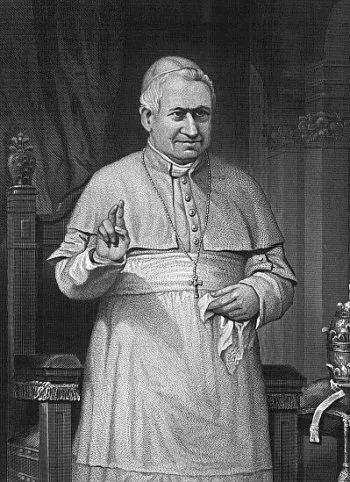
Unveiling the Mysteries of Marcellus of Tangier
Marcellus of Tangier is a historical figure whose influence continues to resonate through the sands of time. Often remembered for his contributions to early Christian thought, Marcellus was a bishop and theologian active in the early 4th century.
The Historical Context
Born around the turn of the 4th century in Tangier, which was part of Roman North Africa, Marcellus occupied a significant position within the early Church. His life spanned a period marked by immense transformation as Christianity began to spread throughout the Roman Empire. This era was fraught with theological debates, political upheaval, and cultural shifts, making it a fascinating backdrop for Marcellus's ministry.
Contributions to Christian Theology
Marcellus is best known for his staunch opposition to Arianism, a theological doctrine that promoted the belief that Jesus Christ was created by God and therefore distinct from Him. This belief challenged the traditional view of the Trinity, advocating for a hierarchy within the Godhead. Marcellus’s writings and teachings played a crucial role in refuting Arian thought, positioning him as a pivotal defender of Nicene Orthodoxy.
In his theological works, Marcellus emphasized the co-essential nature of the Father, Son, and Holy Spirit, arguing for their united essence. This brought him into conflict not only with Arian proponents but also with certain factions within the Church that sought to dilute Trinitarian teaching.
The Council of Nicaea
Marcellus of Tangier's prominence grew during the lead-up to the First Council of Nicaea in 325 AD, which was convened by Emperor Constantine I. The council aimed to address the Arian controversy and establish a unified statement of Christian faith. Marcellus was one of the delegates representing the African bishops. His theological stance helped shape the Nicene Creed, particularly the affirmation of the Son's divinity.
Legacy and Influence
Beyond his role at Nicaea, Marcellus's influence extended into subsequent theological discussions. His writings laid a foundation for later theologians, including Athanasius, who would continue the fight against Arianism. Marcellus's insistence on the unity of the Trinity became a cornerstone of orthodox Christian belief and has remained integral to Christian doctrine through the centuries.
Moreover, Marcellus’s defense of orthodoxy can be seen as a precursor to many modern debates within Christianity regarding the nature of Christ and the Trinity. His works not only contributed to the theological landscape of his time but also echo in contemporary discussions.
Conclusion
Marcellus of Tangier stands as an important figure in the early Church history, embodying the struggles and triumphs of early Christianity. His theological contributions, particularly his defense against Arianism, played a significant role in shaping orthodox Christian belief. As modern-day scholars continue to explore the complexities of early theological debates, Marcellus remains a pivotal character whose legacy invites further examination.






